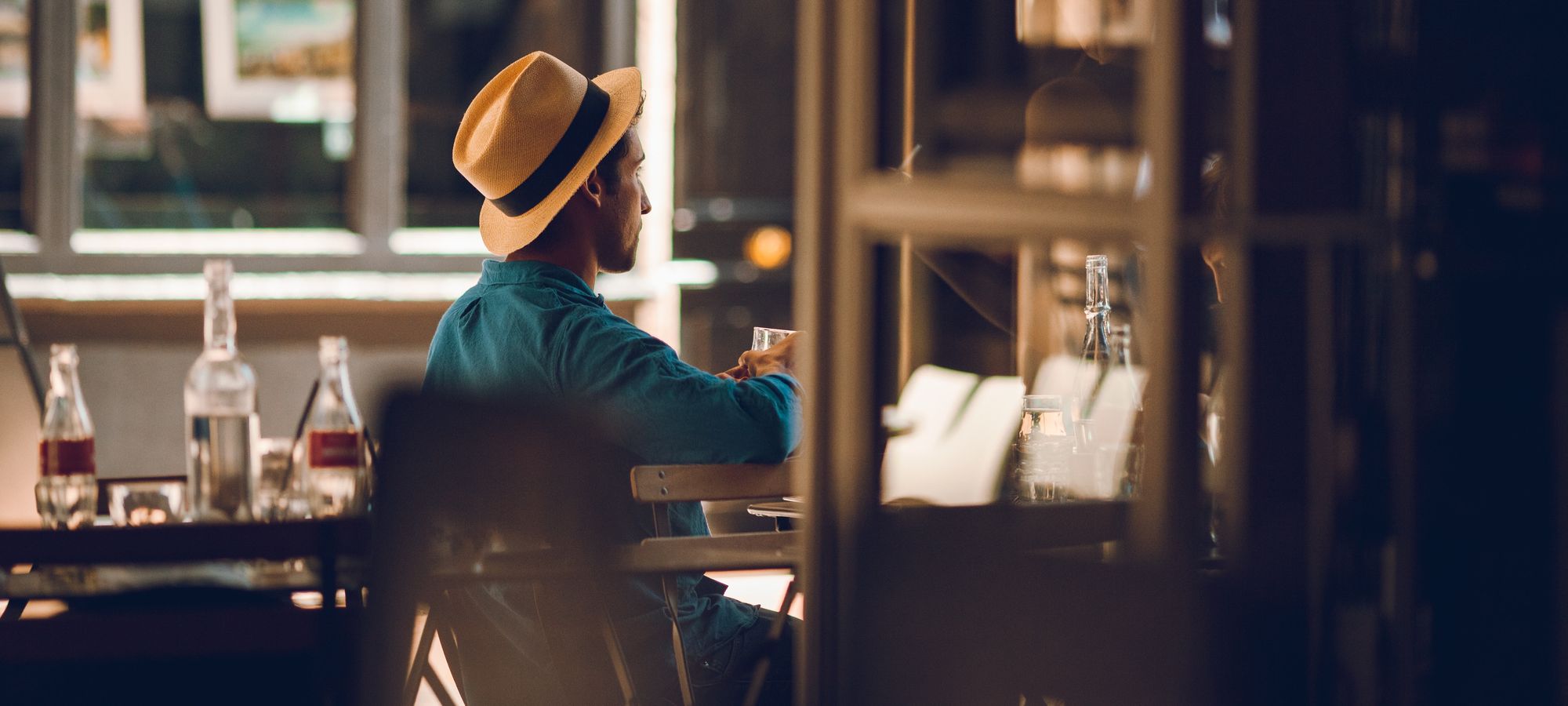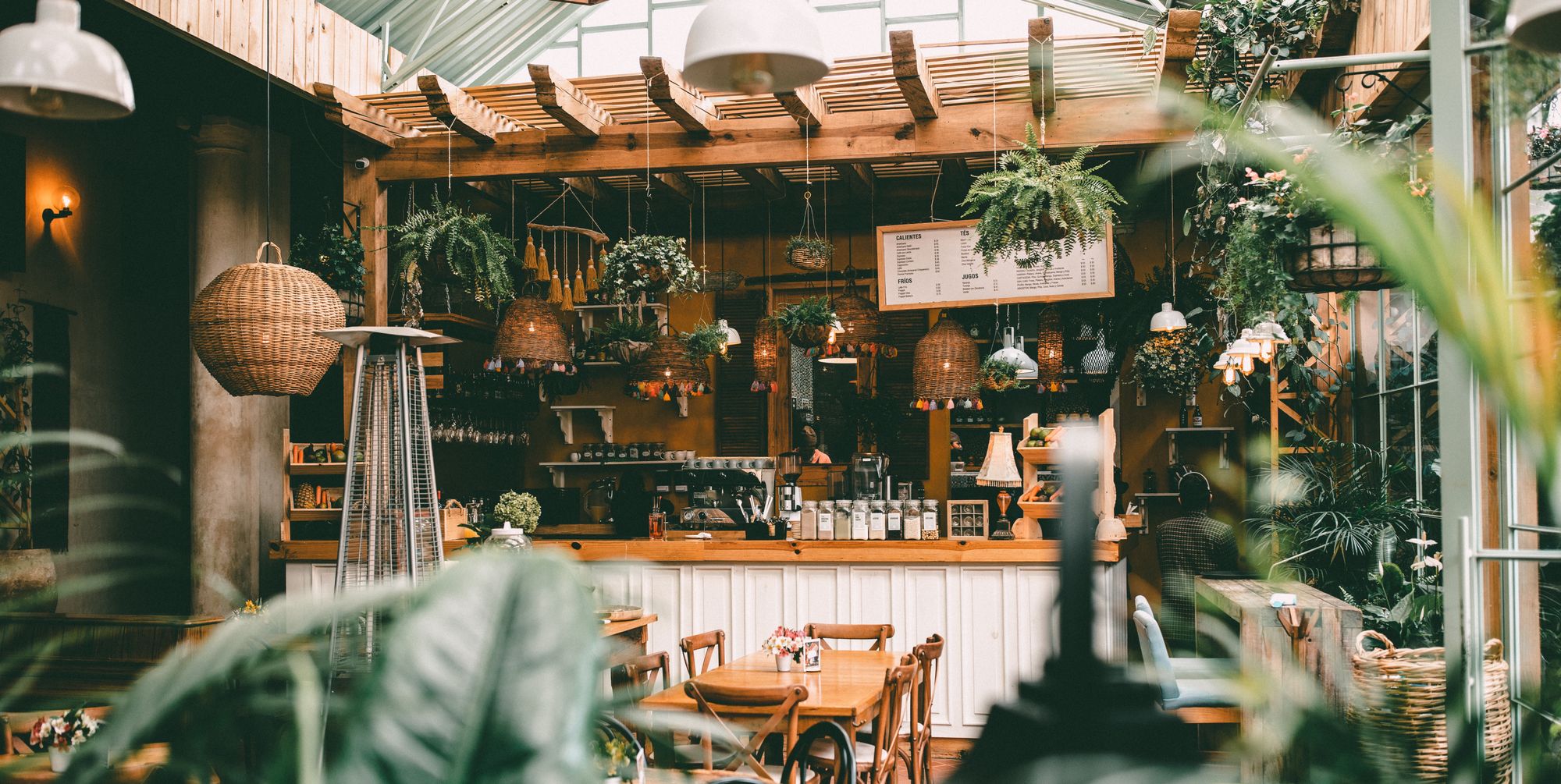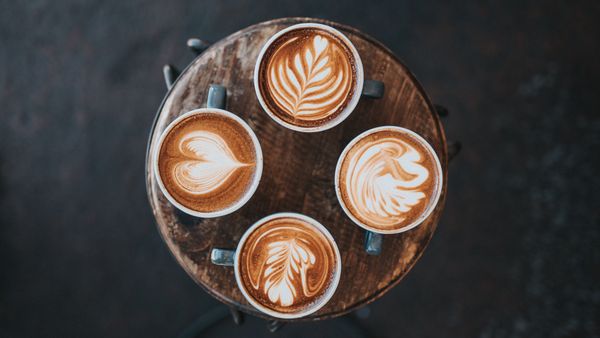Table of contents
TS Elliott, Scott Fitzgerald and J.K. Rowling wrote their masterpieces from coffee shops. My work isn’t exactly comparable to The Great Gatsby, but my intuition tells me there must be something about coffee shops that makes us productive and creative while we're there.
Surroundings Matter
Productive people
This article in the Harvard Business Review found that when you sit next to certain people at work, you’re way more productive. You see, effort is contagious. We’re more likely to invest in ourselves and our work when we see others making similar investments and earning dividends from them. Surrounding yourself with people that are focused and motivated pushes you to mirror that mind-frame. Coffee shops are often full of people focusing on their own projects. I find that surrounding myself with those people, rather than isolating in my room, allows me to feed off the productive energy in the room. When I’m at home, I end up going on my phone to see what other people are doing then falling down an Instagram rabbit hole. In a coffee shop, I can look up and people watch without an algorithm then hijacking my attention. It isn’t just the people though, the ambiance is also affecting us.

Silence Kills Your Creativity
When it comes to creative work, I thrive in a buzzing coffee shop. When I was looking into this online, I found that it isn’t just me. 70 decibels is the perfect amount of background noise to stimulate creativity. Louder than 70 decibels is distracting and quieter doesn’t get our creative juices flowing.
When I find that my writing is boring, or my videos don’t quite have the flow that I want—I stop my hibernation and leave the house.
Novel Spaces
It’s easy to get stuck in our ways, to get comfortable with our daily routines. If we want to prime ourselves for maximal learning, we need to break our comfortable routines.
Exploring a novel environment may actually increase the nerve formation and changes in your hippocampus—a part of your brain essential for learning. Putting ourselves in new situations and places makes us curious to see what new rewards this can offer us. It turns out that novelty has a huge association with both motivation and memory. But there’s a problem... novelty is fleeting. It goes as quickly as it comes.

A couple of weeks ago, I took a trip down to London. In between meeting friends, I edited my video in a couple of coffee shops. Black Sheep Coffee is my absolute favourite. The new environment led to me being way more creative than I am in my usual coffee shops. At home, I’m always in the same ones so while I feel the other benefits, I miss out on the novelty. As our familiarity increases, our creative inspiration drops.
Time to Procrastinate
In Originals by Adam Grant, he says that procrastination may be the enemy of productivity, but it can be a resource for creativity. I often find that as I’m walking or driving across to my coffee shops, I ruminate on my problems. They’re at the back of my mind but passively processing the problem can often lead me to solutions I wouldn’t have ever actively thought of.
A study found that people who were allowed time to procrastinate on problems presented more inventive solutions and novel business ideas. The students who were presented with a problem, then allowed to play video games before providing their solutions were 28% more creative with the ideas they came up with. Combine that with the fresh air and exercise of the walk over and you’ve got all the ingredients for an innovative solution.
